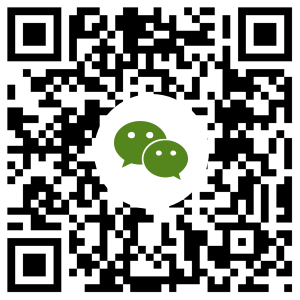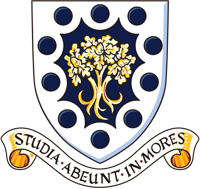The International Children’s Day
Written by E. Alexander
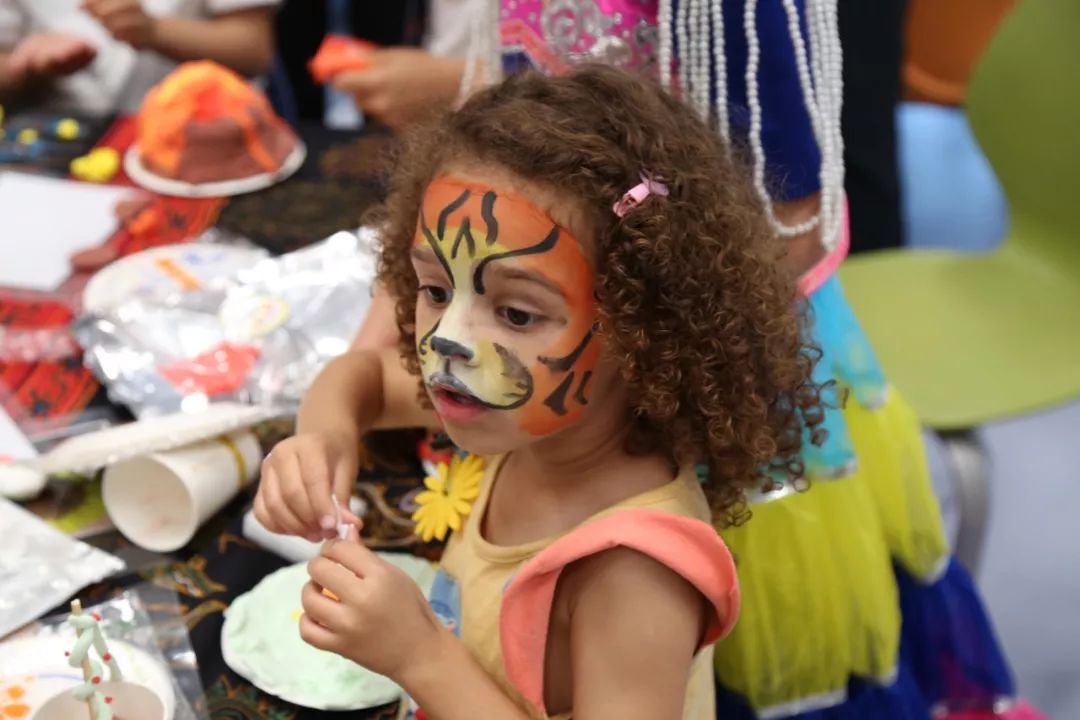
The learning topic for this part of the semester was ‘Our World’, due to International Children’s Day, the school decided to make a link between our topic and the event. Thus, each year group focused on a specific country from a different continent. Grade 1 - South America, Grade 2 - Oceania, Grade 3 - Europe and Grade 4 - Asia. Where feasible, English and Science linked to the specific countries to provide a meaningful contextual learning experience that would be an enjoyable way for the children to learn, apply new skills and gain new knowledge.
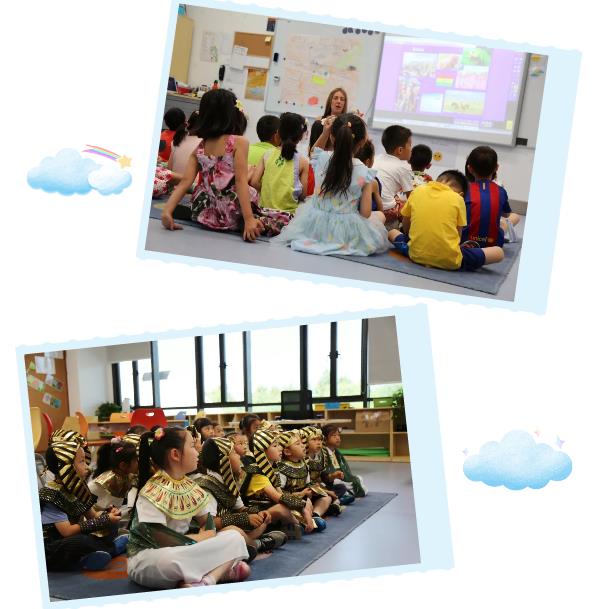
Prep focused on Africa, paying particular attention to Kenya, Egypt, Madagascar and Mauritius. Through stories such as, ‘Adventures of Riley: Mission to Madagascar’, ‘Louis and the Dodo’, ‘We’re sailing down the Nile: A journey through Egypt’ and ‘Handa’s Surprise’, the children developed their story sequencing skills based on what happened first, next, then and finally. Prep B had a real treat as Ms. Ingrid has some first-hand experience, having previously lived in Mauritius for 5 years! This learning coupled with learning rhythms and dances in music and creating an assortment of art really helped the children to become immersed in the learning.
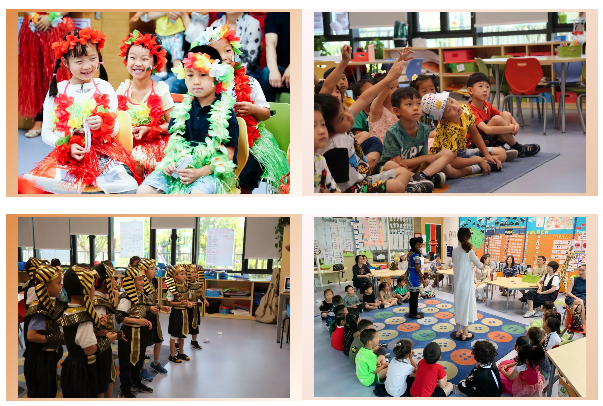
Grade 1’s learning explored similar concepts to Prep but was based around countries in South America (Boliva, Peru, Argentina, Chille). One of their books was ‘Roaming in the Rainforest’ which drew the children’s attention to the wonders of the rain forest. The children produced non-chronological reports in the form of posters, and learnt dances and rhythms during music that were representative of their individual countries. Their learning allowed them to apply key English skills, whilst gaining knowledge about language, geography, history, and the animals and food of their respective countries. All of which were celebrated with parents in the exit points.
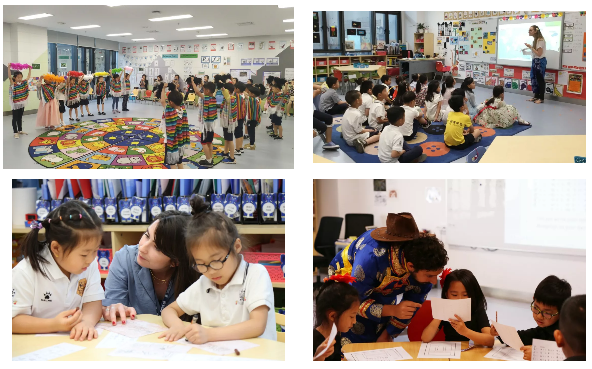
Grade 2’s learning experience focused on Oceania, particularly Australia and New Zealand. Between the two classes, they explored two key texts. ‘Diary of a Wombat’ (2A), an amusing tale written from the perspective of a wombat and ‘Maui the Suncatcher’(2B) which is a mythical story. Both texts shaped the learning experience and gave students the opportunity to further develop their English writing skills. The exit point was not only a showcase of their learning, but it demonstrated the progress the children have made in their speaking and listening and their confidence when performing. The learning allowed them to develop a deep understanding of the culture of their respective countries, and how it has evolved over time, demonstrated through music, sport and food. Learning about the landscape, animals and weather patterns provided the children with even more interesting knowledge which was displayed in the non-fiction texts they created. It is clear that the learning experience here was a rich and fruitful one!
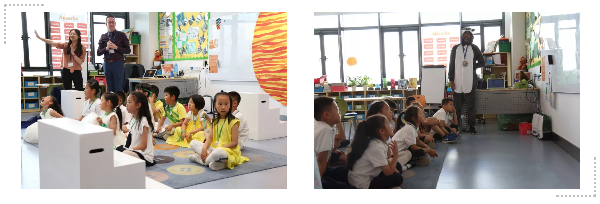
Grade 3 learnt about Europe focusing particularly on Greece. It started with the history of Greece with a focus on the Olympics and how it came about. They then compared the ancient Olympics to the modern-day Olympics tracking its origins throughout the story of Pheidippides and the story of ‘The Battle of Marathon’. However, Aesop’s Fables provided the stimulus for the main bulk of the learning. The children explored fables, the key components to these particular fables and the moral lessons the author wanted people to take from them. The children combined this knowledge with what they learnt about play scripts, re-writing the fables, changing the structure from story prose and to a play script which they performed fantastically for their parents in the exit point.
Grade 4 learning did not go too far away from China, as their continent was Asia. They focused on Indonesia and Mongolia. ‘Running Wild’ was about the devastating events of the tsunami in Indonesia and ‘Kubla Khan’ was a non-fiction text about the Mongolian empire. These texts provided an excellent foundation for the children as they went on to explore other aspects of their countries which they used to create a presentation to show to their parents at the exit point.
Music was a key component to the learning in all of the classes, as the children explored the rhythm and dance of their respective countries. PE and Art also played significant roles in the learning. All children explored the cultural art forms of the countries they were learning about and replicated them, which were on display for all to see. PE conducted a mini Olympics over the four-week period of which the children were presented with their medals on International Children’s Day.
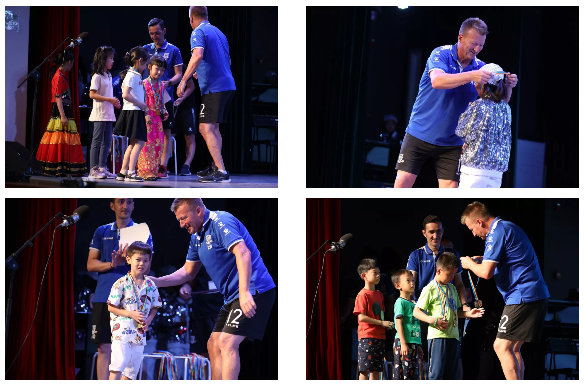
All of the learning came to a crescendo on International Children’s Day, which was a fantastic event. The children were able to visit other classes around the school, to gain a small insight into the countries that children in the other classes and year groups were learning about. In their classrooms the children showcased their learning in various ways to their parents, showing just how much, they had learnt over the past 4 weeks.
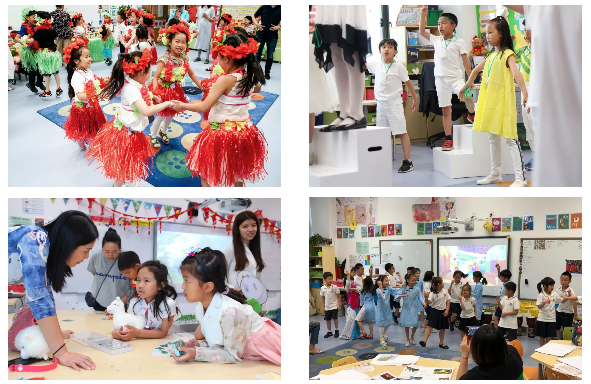
Parent volunteers transformed classrooms and communal spaces to reflect the array of countries that had been studied.

The children were able to visit these areas and sample a taste of the food and culture from the various places through a series of showcases, stalls and activities.
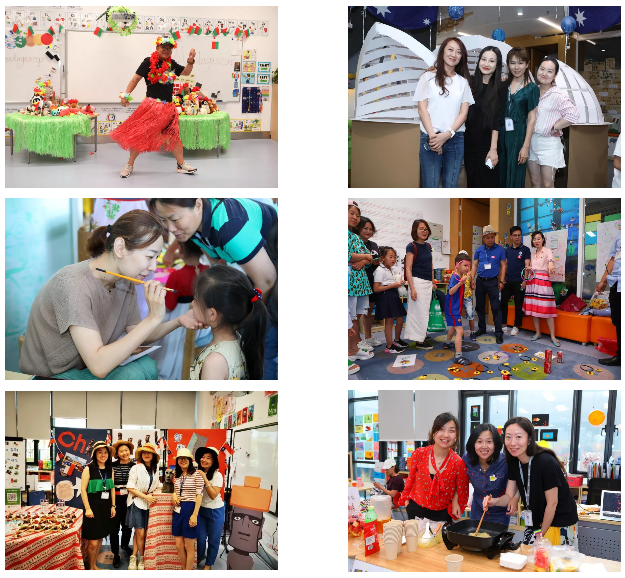
The children were able to visit these areas and sample a taste of the food and culture from the various places through a series of showcases, stalls and activities.
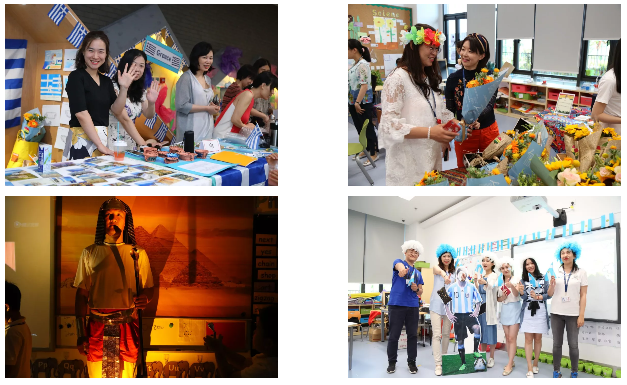
It was a truly wonderful event, of which thanks must go to the PTA and the other parent volunteers, volunteers from the non- teaching departments of the school, all the teachers and children, and Helen Jones, who co-ordinated the whole event. We look forward to making this event even more interesting and exciting next year!
